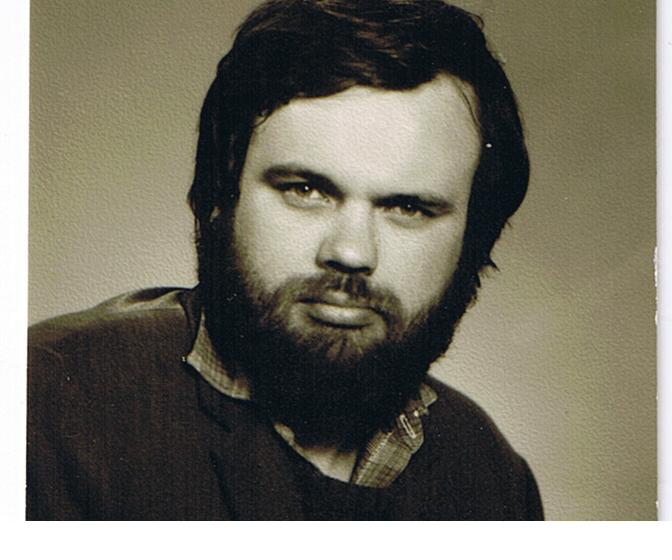I checked the mailbox and there was a postcard from Yugoslavia

Stáhnout obrázek
Luděk Štípl was born on the 10th February of 1949 in Šumperk and he spent his first seven years of life in a forest keeper lodge at Střítež where his father worked as the forest keeper for the town council of Mohelnice. In this time he calls pre-television and in a house without electricity, he kept hearing stories of the forest workers, of which some had been in the Czechoslovak legions in Russia during the WWII, as well as the WWII stories of his father who had been a Communist resistance fighter. As the forests owned by the Mohelnice town were nationalised in the 1950’s, the family had to move. From the second grade on, Luděk attended school in Mohelnice where the family lived in a house near a park which was under maintenance of his father. Luděk would have liked to go to a forestry school, parents decided otherwise and in the somewhat freer atmosphere of the second half of the 1960, Luděk went to a Secondary Technical School of Electrical Engineering. With his friend Josef Vrána, they planned that after graduation, they would travel the world but the 1968 occupation changed their plan. The witness got married, soon, his son was born and there was no chance of travelling in Europe. His friend remained single and in 1968, he indeed emigrated and put down his roots in Toronto, Canada. During the 1970’s normalisation, Luděk, his wife and their children tried to leave Czechoslovakia several times but they did not manage. Only in 1979, under the pretext of a scholarship in Italy, they travelled to Austria where they stayed as political refugees. After some ups and downs, they managed to get Canadian visa. They settled close to Toronto and with Josef’s help, they lived in the Ontario province for many years. They spent some time in Quebec and British Columbia as well. Back in Czechoslovakia, Luděk had trained as an art conservator and in America, he worked in this field. He found a job in an art gallery and then in a museum. At that time, he first encountered living Jewish culture. This had considerable influence on his creative activities when he returned to Czech Republic after 2000. He had previous experience as a lecturer from Canadian universities which he could use; he helped renewing the synagogue in Lostice and presenting the local Jewish culture to wider public. He was a co-founder of the Respect and Tolerance association whose aim is to care for the Jewish heritage of Loštice, Mohelnice and Úsov, both material and immaterial. As a member of the association, he cooperates on planning the exhibits and documenting witnesses‘ memories. In 2020, he lived in Radnice in the Pavlov settlement.







